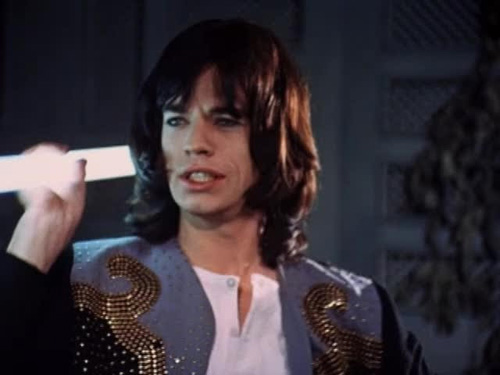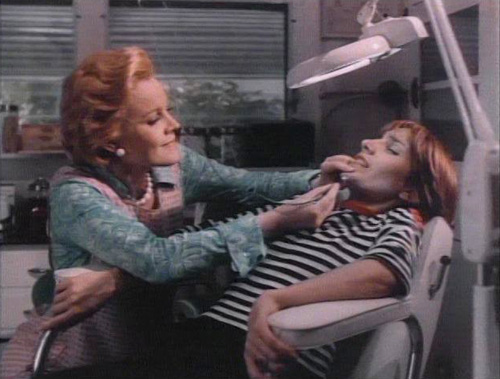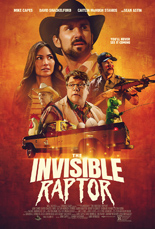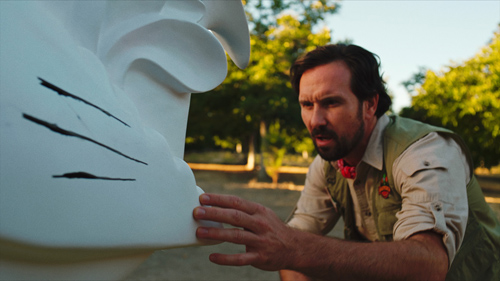
When I moved to Fort Collins, Colorado, years ago, somehow I fell into a commune-like situation, with plenty of wheatgrass juices, patchouli incense and Kundalini yoga — woven, parachute-like pants sadly not included.
With all the flatmates, bunk buddies and transitional couch surfers really into the crunchy granola lifestyle as they professed, I slowly noticed they didn’t bring their free love and other wanton charges around me. To be sure, it’s because I was so darn square and far too fat.
Such is life, right?
Viewing the movie Performance, my counterculture dreams became my transient nightmares, as well as a revelatory cream dream of the demeaning sod I would’ve become around the arousing ’60s temptations and erectile ’70s eruptions.
The musings and teachings of Mick Jagger and his Rolling Stones’ Their Satanic Majesties Request have been accurately depicted here, even if the album’s drug-swaggered, free-loving altera-utopia was never to be seen in real life (mostly due to the release of Running Out of Luck in 1985, but that’s a whole other story).
In the rogue hands of director Nicolas Roeg, Performance’s prince/pauper fable might have been overlooked, if not for its dispassionate narrative and drab surroundings making it one of Roeg’s definitive defective works.

East London gang member Chas (James Fox) goes about muscling the wrong people — beating, extorting, shaving a man’s head bald. It’s sitar raga in basic 4/4 time, man, as the scared Chas goes on the run and finds himself in the slovenly boudoir of strung-out rock star Turner (Jagger).
In addition to a drug habit, Turner has quite the sexual addiction. He leads Chas into drab games of master and servant, with bisexual Pherber (Anita Pallenberg) and Lucy (Michèle Breton) feeding him LSD and handling loaded weapons in a slim bathtub while smoking cigarettes and, probably, scissoring.
As Turner performs the movie’s lone single, “Memo from Turner,” he and Chas physically and metaphysically transform into one another, resulting in not only the type of spiritually devolved finale Roeg was wont to do later (in Don’t Look Now and The Man Who Fell to Earth), but also one of his most troubling films, all in a syncopated tabla-beat way.
With all the pomp and circumstance a man can muster, Jagger’s performance is very invasively tight, but Fox is no slouch, giving an enthusiastic, bleak portrait like he did in films such as The Loneliness of the Long Distance Runner. Together, they’re a satanic pair of spilled wine decanters filled with all the vice in the world, and it’s impossible to take your eyes off them.
But, in the end, Roeg’s masterfully hypnotic direction, aided by artist Donald Cammell, is the burning, the consumption and the dying of the fading rock star and his homunculus’ wet ashes, mystically and masochistically buried along with their names.
I never found my hellish opening to that detached, debauched, hedonist rock-star lifestyle I so secretly craved, but Jagger — and, really, Roeg — were kind enough to show me their vacation photos. That’s good enough for me. —Louis Fowler












